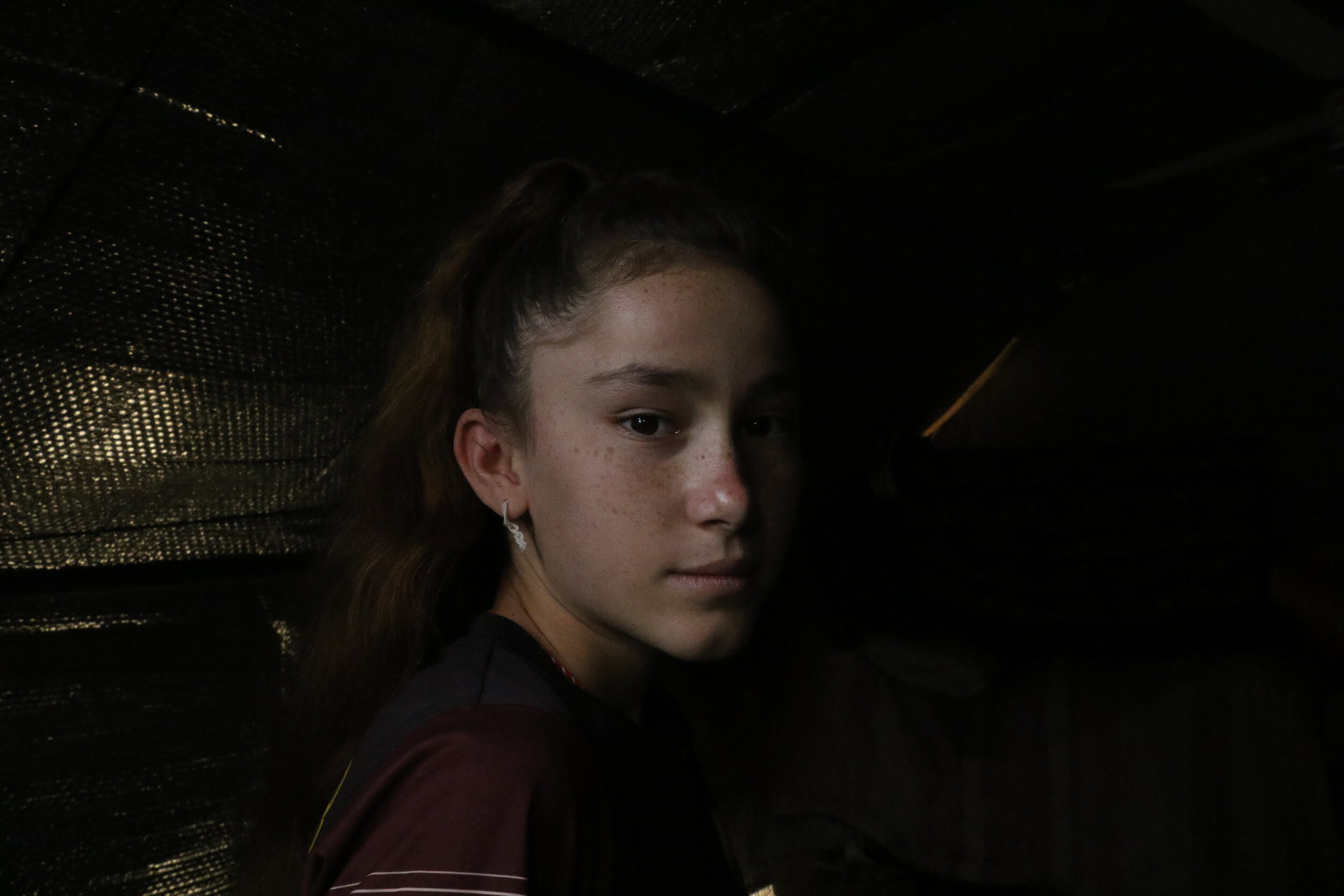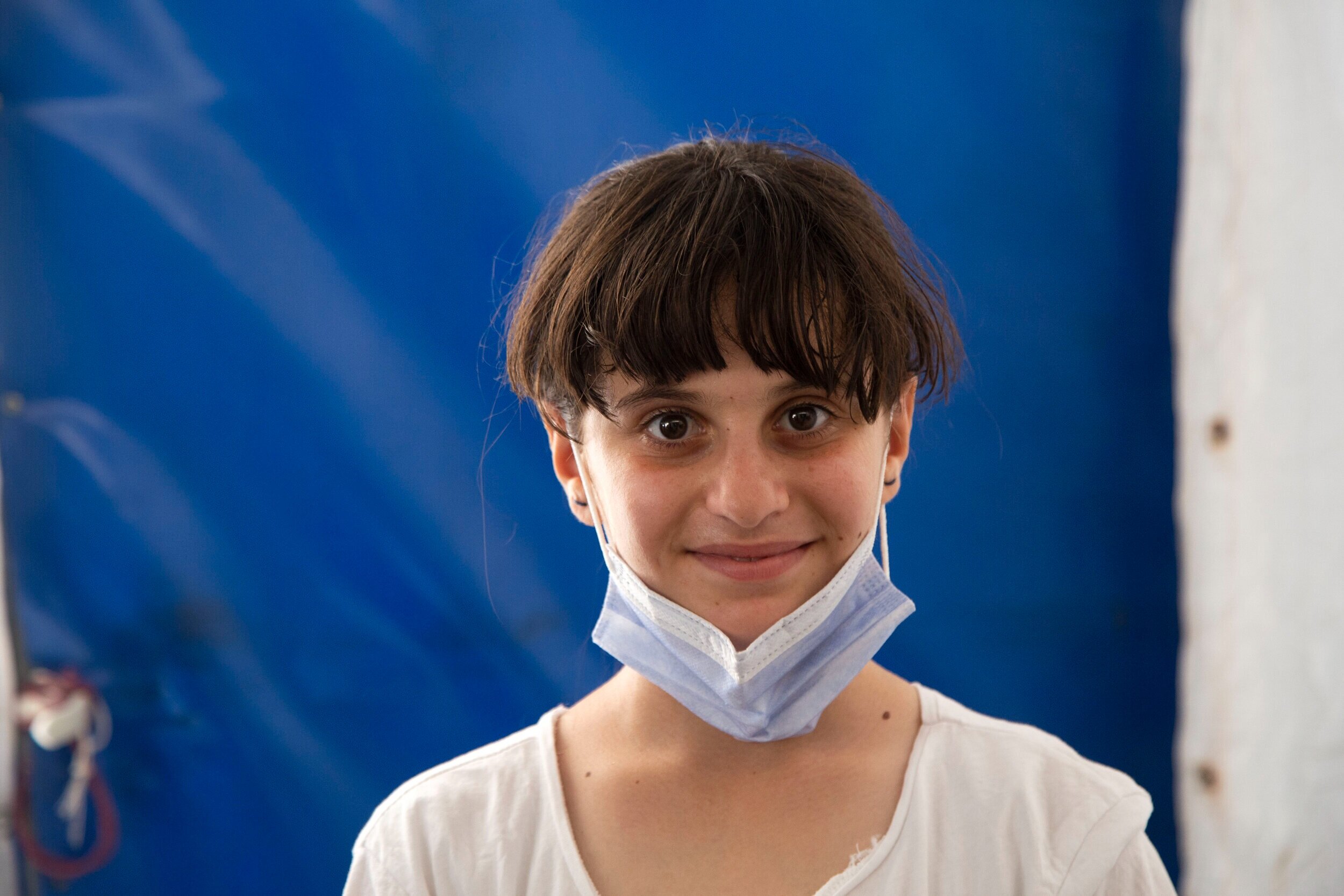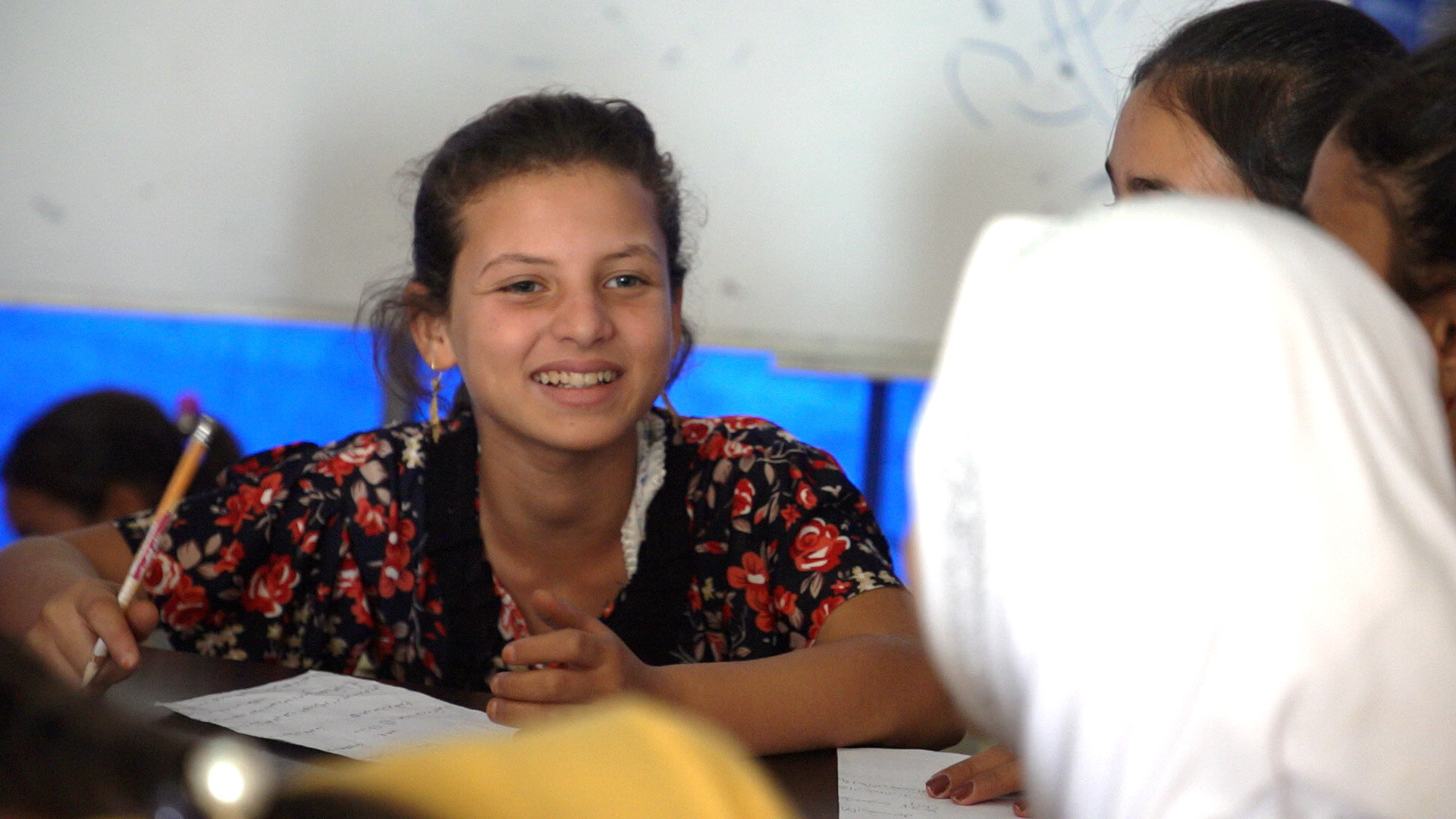The Road to recovery in iraq
Iraq has been affected by conflict and civil unrest for decades. Poverty remains a widespread concern and over 10 million Iraqis are in need of humanitarian assistance - half of them children. Children and families must continue to navigate life in a post-ISIL-controlled country while many uncertainties persist, namely the issue of family separation.
Hear Their Stories.
4,524
Children, youth and adults received lifesaving program support in 2022.
RESPOND.
In 2022, we were able to reach 4,524 within the governorates of Anbar, Baghdad, Basra and Ninewa. The needs of children in Iraq remain serious. Over 3 million school aged children are out of school, and approximately half of all displaced children are to attending school. Iraq ranks 140 out of 149 countries in terms of access to education. School dropouts are prevalent in the transition between primary and secondary school, particularly for girls with child marriages driving schools dropouts. Nearly 50% of the population of Iraq is under 19 years of age.
Recover.
Many of our programs in Iraq are conducted in partnership with local NGOs who work to provide access to education support and trauma counseling in hard-to-reach areas. “Education in Emergencies” is the name for short-term education interventions we support. When a child’s schooling routine is disrupted, the Education in Emergencies program helps to establish temporary summer school programs. We also support projects that reunite children with their relatives where possible.
REBUILD.
We help to refurbish damaged or run-down schools and help to train teachers. We emphasize the importance of educating girls, and support educational and vocational options for young people who have been previously detained in prison.
We support programs led in partnership with local communities to raise awareness of child protection concerns, especially as it relates to women and girls.
Our Partner Organization, war child UK, has maintained a presence in Iraq since 2003.
Since that time, there have been many turbulent regime changes, food shortages, and an increase in internally displaced peoples. It is estimated that nearly 2 million Iraqi children do not have access to a routine education. Many of them continue to be displaced from their home cities and seaprated from their families. Further, many violations of children’s rights continue to endure, including sexual and gender-based violence, leaving girls particularly at risk. Here’s a snapshot of some projects and our impact.






